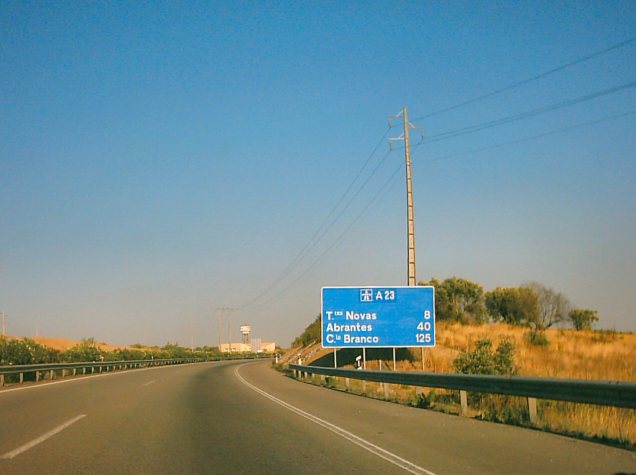On our first Ask Luís! series, I’ll be answering a question from Dries (thank you for your question!):
Olá Luis,
Just finished my Duolingo tree (now trying to make it completely gold), and I think your blog is just the thing I need to proceed my understanding of EP. Muito obrigado.
Questão: could you give me some simple instructions as to get a better feeling for the difference between levar and trazer. I looked it up at Ciberdúvidas but the answers were a bit too theoretical.
Suggestion for the grammar site: tips for the use of the Conjunctivo (presente e preterito imperfeito). We don’t use it anymore in Dutch (I’m from the Netherlands), only in proverbs or some expressions. Bom trabalho!
Atenciosamente,
Dries
First of all, I’d like to thank you so much for your kind words (I believe most of my followers at this point have come from Duolingo, so I probably don’t need to explain why that was mentioned in Dries’ comment), and for your suggestions for grammar tips – I’ll place them on the top of my list; meanwhile, I’d like to refer you back to Duolingo and the very helpful Subjunctive Guide that one of its users wrote – it’s long and most sentences are in BP, but it’s a good way as any to start grappling with the tense and its many, many uses.
You’re also spot on in your assessment of Ciberdúvidas: it’s a really helpful website, but it does require an intermediate to advanced level of Portuguese to fully understand, especially since the answers use grammar terminology that’s harder to translate.
Without further ado (and as always, I feel like I’ve written a lot already), I’ll answer your main question after the jump:
Continue reading →














![justin_trudeau_apec_2015 Justin Trudeau, o a[c]tual primeiro-ministro canadiano. / Justin Trudeau, the current Canadian prime minister.](https://theepexperience.files.wordpress.com/2016/01/justin_trudeau_apec_2015.jpg?w=149&resize=149%2C239&h=239#038;h=239)